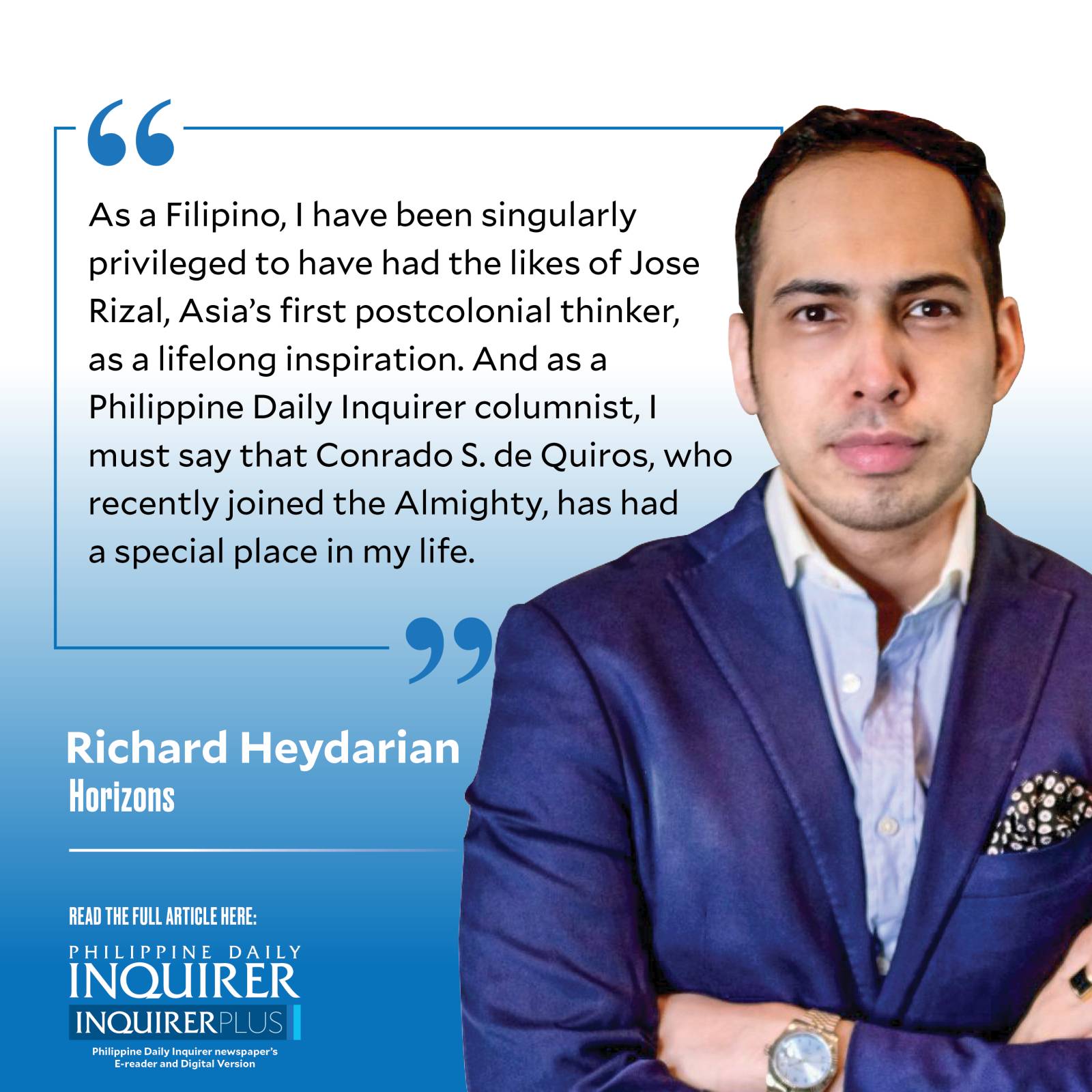The burden of responsibility

The intellectual is … someone whose place is publicly to … confront orthodoxy and dogma (rather than to produce them), to be someone who cannot easily be co-opted by governments or corporations, and whose raison d’être is to represent all those people and issues that are routinely forgotten or swept under the rug,” argued Edward Said, arguably the most influential post-colonial voice of the 20th century.
Far from a self-referential, careerist academic, Said embodied his convictions both in his scholarly commitments and political activism. A British-educated American citizen of Palestinian origin, Said became the most eloquent narrator of his people’s quest for self-determination against all odds. He was a true Renaissance man, an impeccably stylish Alfa Romeo-driving man, and a consummate aficionado of classical music and Western literature. And yet, he risked everything in order to give voice to the voiceless and narrate the untold stories of his profoundly marginalized people.
Over the decades, Said became the antithesis of what Noam Chomsky famously described as “champions of the strong” intellectuals, namely the coterie of ambitious academics and self-styled pundits who opportunistically amplified the narratives of the establishment at the expense of truth and justice. In his heartfelt eulogy to the former Columbia University professor, Indian essayist Pankaj Mishra memorably summed up Said’s legacy in the following words: “It is a measure of his nobility that, among the many selves available to him, Said assumed the one that caused him the most pain.”
Said’s inimitable legacy of moral conviction coupled with sincere scholarship and aesthetic elegance continues to resonate in the hearts and works of countless thinkers in the post-colonial world and beyond.
As a Filipino, I have been singularly privileged to have had the likes of Jose Rizal, Asia’s first postcolonial thinker, as a lifelong inspiration. And as a Philippine Daily Inquirer columnist, I must say that Conrado S. de Quiros, who recently joined the Almighty, has had a special place in my life.
Although a fellow columnist in this august newspaper, I never had the privilege of meeting him in person. “Circumstances” just didn’t allow me to meet him properly when I joined this publication half a decade ago. For writers, however, we also tend to feel (and perhaps often justifiably) that we somehow know a person through their soulful works, cherished writings, and, in the case of Conrado, stylishly courageous journalism.
I was once told by one of the editors that the exact space allotted half a decade ago to my columns was once occupied by his brilliant constellation of words and courageously crafted columns, which read more like a work of art than a conventional opinion-editorial piece. A certain senator also told me once that his works and mine have been among her favorites, although we wrote in radically different styles. Far from being flattered, however, such comparisons actually only made the burden of responsibility on my shoulders feel heavier. And I won’t even dare to compare myself to him or any of the great Filipino writers of the past century.
Yet, this never stopped me from drawing inspiration from him—just as Rizal’s works have been my intellectual and spiritual lighthouse under the political storm bedeviling our beautiful nation. Admittedly, it was his courage to speak truth to power—most dramatically, during the authoritarian lurch under the deeply unpopular Arroyo administration—that compelled me to, following in his legendary style, write my own protest column (a blank one on “Duterte’s independent foreign policy,” 7/2/19) to call out the former president’s unfathomable subservience to a foreign power even as their hostile militia vessel rammed into and almost drowned dozens of our fishermen in the Recto Bank. When I submitted the “blank” column, our beloved editors exactly knew what was going on, thanks to Conrado’s precedence.
It goes without saying that what followed was a new wave of even more vicious online (and even legal) harassment, which effectively forced me into partial exile (as a visiting scholar overseas). But every time I almost succumbed to external pressure and began to self-doubt amid the torrent of gaslighting and calumny, it was his renowned courage and literary brilliance — just as Rizal’s and Said’s — that continued to inspire courage of conviction in my tumultuous soul.
Paalam, Conrado S. de Quiros. Thank you for everything!




















